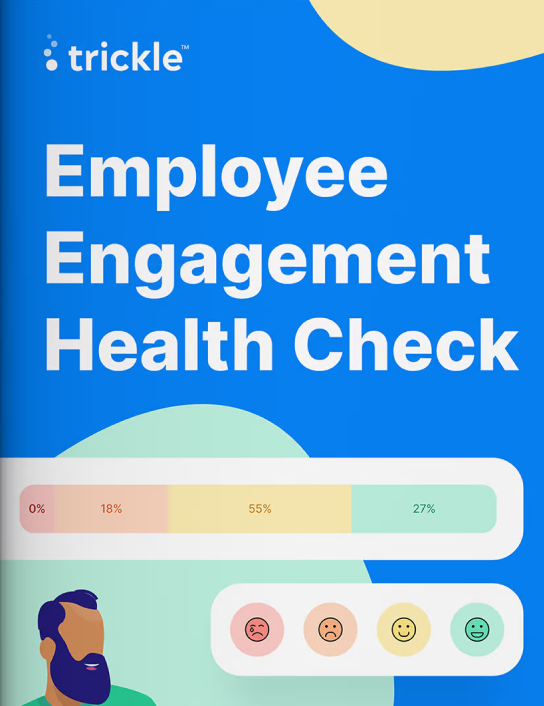How well does your company engage its employees?
Take your health check and find out.


Originally published on 17th March 2021, updated on 15th January 2025.
In today’s knowledge economy, ideas and innovation are the lifeblood of marketplace success. The unique contributions of individuals drive competitiveness, spark product innovation, and shape better business strategies and operations. Engaged employees play a critical role, not only in driving progress but also in identifying potential threats and unseen challenges.
But for employees to share their thoughts and insights, they need to feel safe enough to speak up. This is where psychological safety comes in. What exactly is psychological safety, and why is it essential in the workplace?
Harvard Business School professor Dr Amy Edmonson defines psychological safety as “a belief that one will not be punished or humiliated for speaking up with ideas, questions, concerns or mistakes”.
In other words, a psychologically safe environment is a place where individuals feel empowered to share information. In fact, The Financial Conduct Authority (FCA) describes it as, “a characteristic of a healthy company culture.”
After a study on what drives top-performing teams, Google identified psychological safety as a critical factor for success. The research revealed that the company’s highest-performing teams all shared a strong sense of psychological safety.
Psychological safety sets the whole tone for an organisation’s culture, employee experience, style of performance management and how its people interact with each other, for example, when:
Without psychological safety, people will avoid ‘putting themselves out there’ for fear of embarrassment or judgement from colleagues or management, which can hinder innovation and organisational growth.
Organisations that promote psychological safety reap benefits, such as:
In what feels like a threat environment, staying silent can present itself as the safest option. It’s this silence that robs organisations of opportunities for small learning and quick wins.
Creating a psychologically safe workplace starts with leadership. Managers must genuinely commit to fostering safety, inclusivity, and engagement while role modelling the behaviours they wish to inspire. Inclusive leadership style invites employee participation, encourages curiosity, and ensures timely action on employee feedback. Even when suggestions can’t be implemented, acknowledging them shows employees that their input is valued. When leaders respond meaningfully, employees feel heard, appreciated, and confident that their voices matter.
Leaders should embrace both positive and critical feedback, encouraging employees to challenge the status quo. Divergent ideas drive growth and innovation, so it’s essential to create an environment where concerns or suggestions are met with openness rather than hostility. Regularly soliciting input and practicing active listening fosters collaboration and encourages employees to speak up, ask for support and share concerns.
Blame cultures stifle psychological safety. Employees who fear repercussions for mistakes or failures become hesitant, disengaged, and stressed. Instead, frame mistakes as learning opportunities. Encourage openness about errors, especially in industries where transparency is crucial. How leaders respond to mistakes will have a long lasting impact on the organisation’s level of psychological safety.
Showing employee appreciation builds trust and belonging; and is effective when building psychological safety. True employee recognition goes beyond celebrating major achievements; it includes acknowledging small contributions and expressing thanks in real-time. When employees feel their efforts and input are valued, they are more likely to engage, contribute ideas, and share their perspectives with confidence.
Transparent communication is the backbone of psychological safety. Avoid one-sided, top-down communication, which can alienate employees and make them feel disengaged. Instead, establish channels for two-way communication, on a platform like Trickle, that allows employees to share ideas or concerns in real-time. With timely information, leaders can proactively provide support and address what matters most to employees.
The Trickle platform has been designed to enhance employee engagement by fostering psychological safety across all levels of your organisation.
Trickle gives your people a voice and a safe space to raise ideas, suggestions for improvement or concerns. Its open and transparent approach enables leaders to provide proactive support where it’s needed most, in real-time.
With optional anonymity, employees can raise what’s truly on their mind without fear of repercussions.
Every month, our Executive Summary delivers accurate, real-time insights and measurement into the psychological safety of your workforce.
To find out more, book a free 30 minute demo.